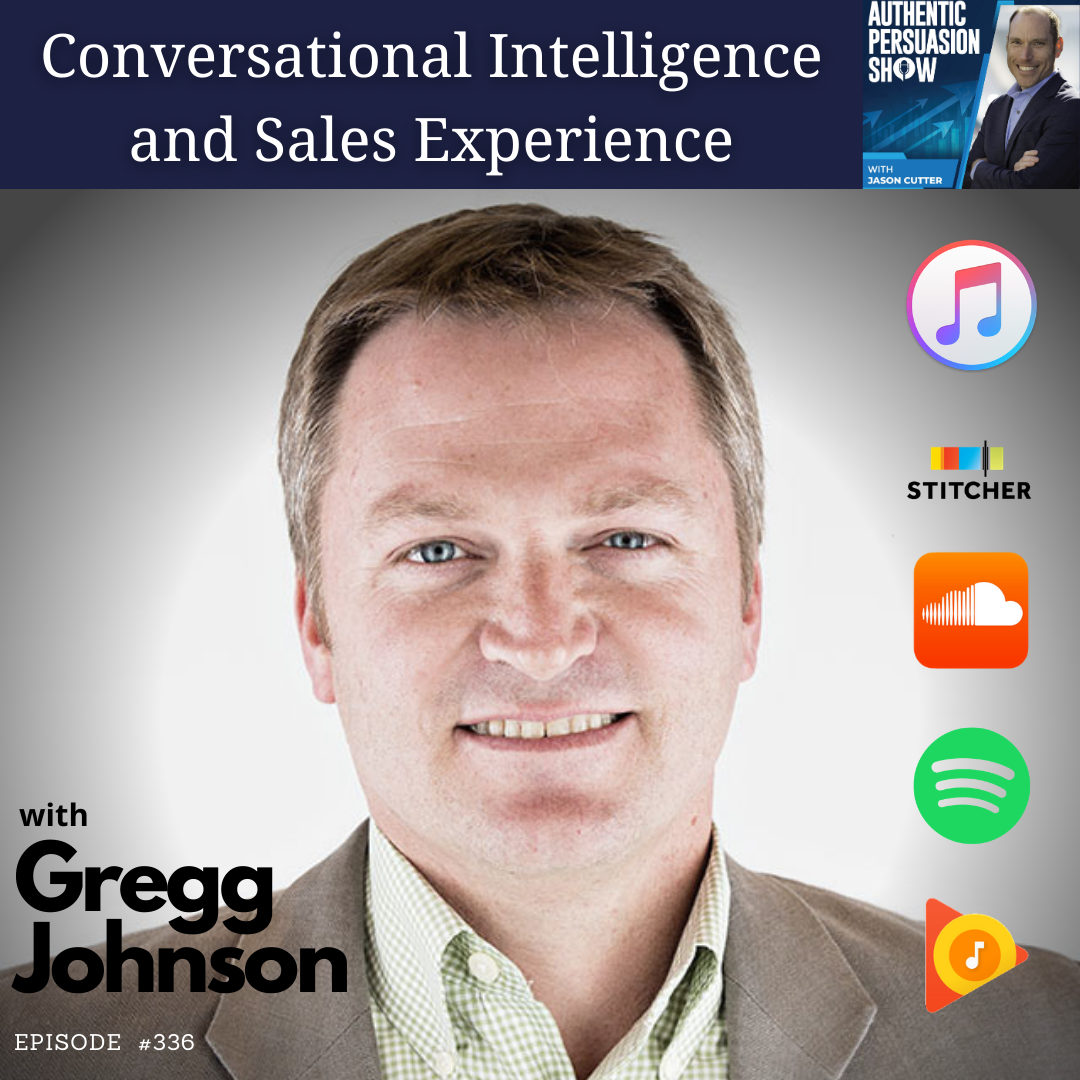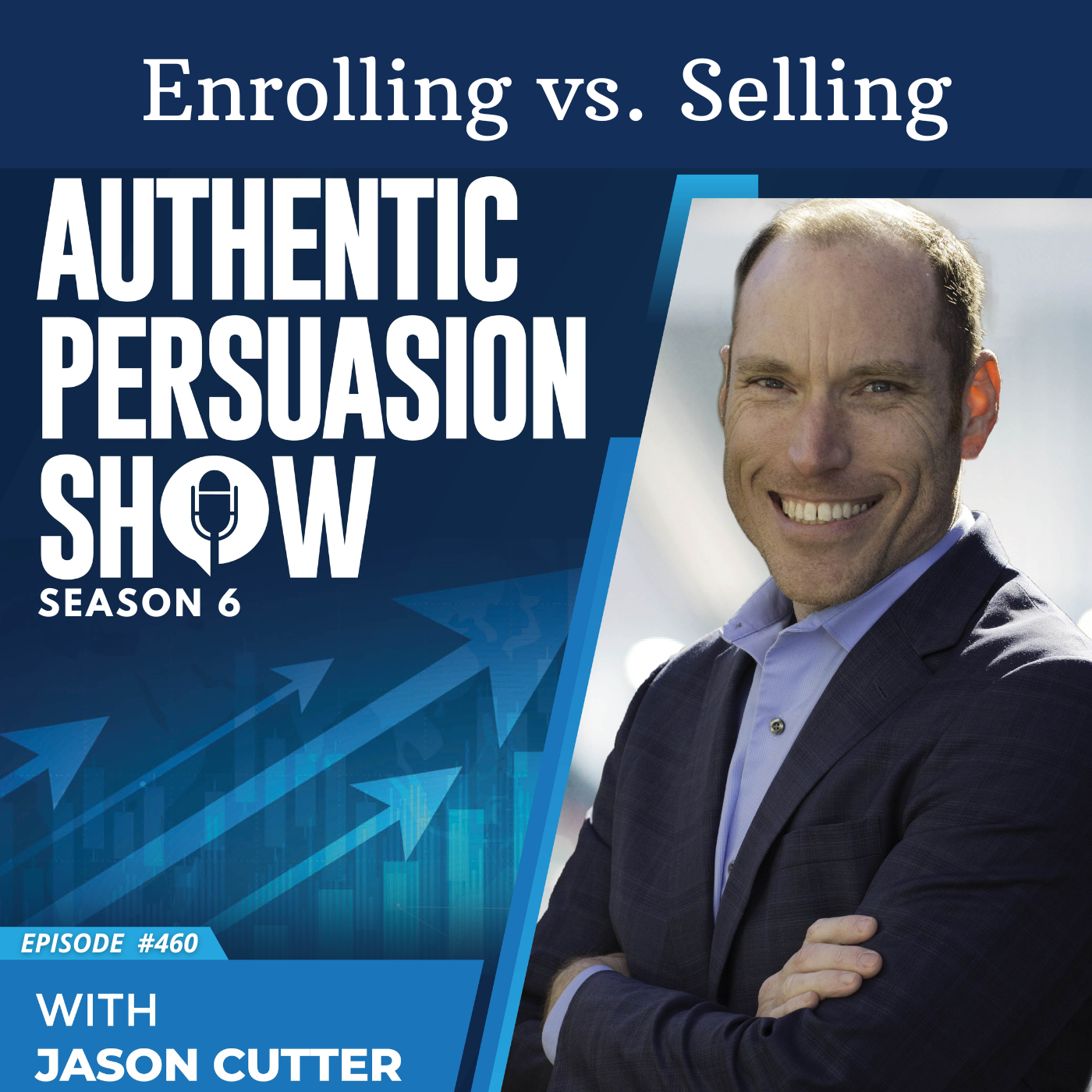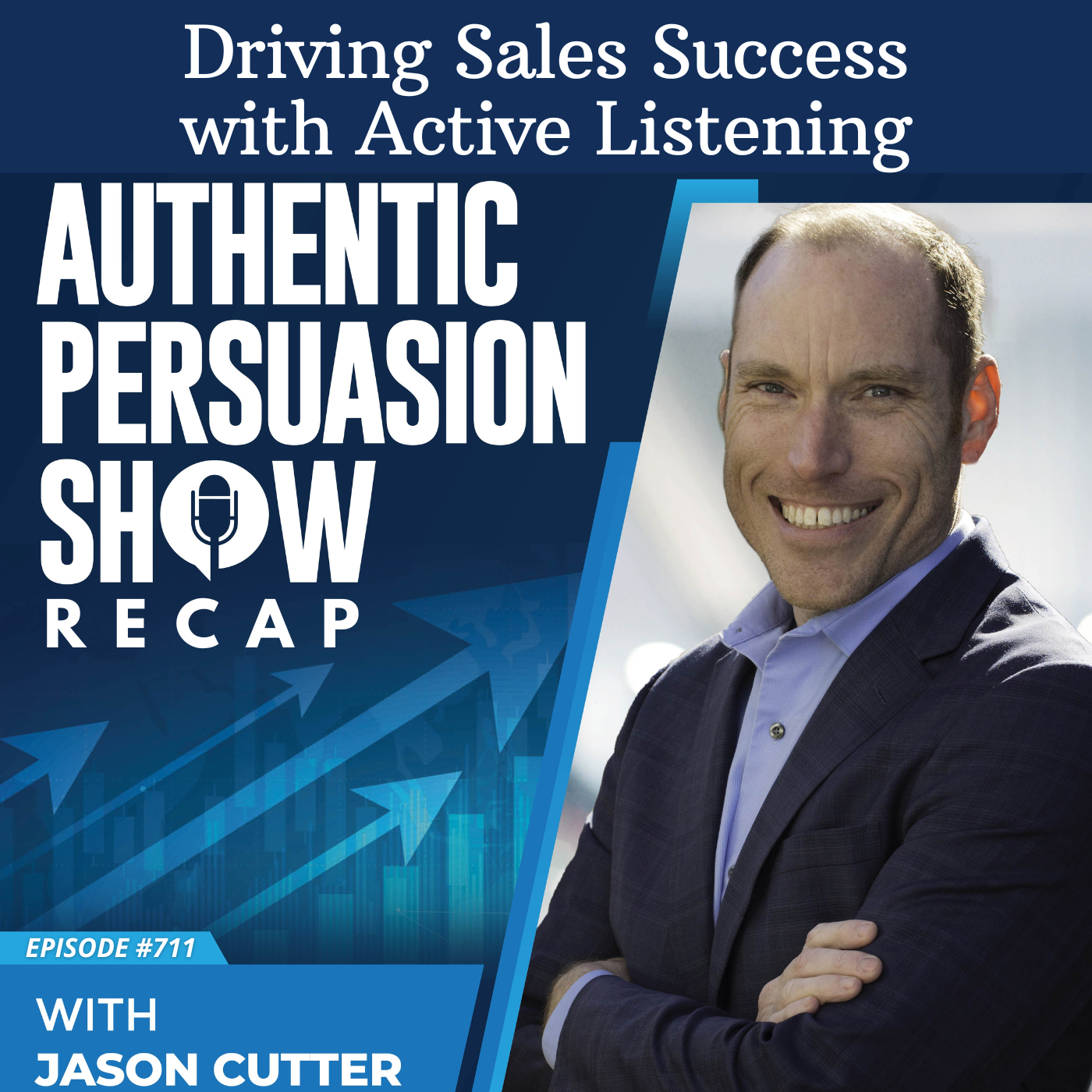Show Notes
The first stage of building a success sales team (or getting into a sales role) is the recruiting/hiring process.
Could have started with this as the first week but had to build up to the recruiting topic.
To start this week let’s talk about which personality makes for the best salesperson to hire for inside sales.
Episode 71 – Transcript
Welcome to a new week on the sales experience podcast.
This is episode 71 starting off recruiting week. If you’re new to the show, if you’re new to the podcast, this is the first time you’ve been listening, then thank you for being here first off, second, my goal is to go through a theme this week, recruiting. Maybe you’re in sales, new to sales, maybe you’re a sales manager or maybe you found this episode and this podcast because you’re in recruiting.
Maybe you’re a hiring manager, maybe you’re in HR and you either know the challenges of hiring for salespeople for an organization or you’re trying to be proactive and look out for those issues that might come up so you can handle them better from the beginning. Either way, thank you for being here. If you’re a long time listener, I appreciate it. You might be listening to the show, maybe you’re not in a recruiting standpoint.
However, my goal has been for every episode to apply in some way to anybody that’s in a sales role. So even if you’re a salesperson or if you’re a sales manager this week on recruiting should still have some value for you because if you’re a sales person, you may want to know either why did I get selected or what was it about my personality, my traits, what I went through that got me the job, or, you know, what could help me be more successful in this role?
Or if I were to transition to another company, what should I keep in mind? What should I focus on either that they are looking for or that I’m looking for as a salesperson and obviously for sales managers, it’s good to know how people are coming on board. Who’s the best person for your role and what it takes to win on your team.
Let’s jump into this first episode of recruiting week. My focus today is on personality and behaviours. Okay. I covered a lot of that during the behaviour weeks. There was two weeks of that where I covered the four different types of analysts, promoter controllers, supporter. We’re talking about personalities. What kind of person would be best?
Now my goal, if you’re looking for the answer, if you’re looking for the one perfect solution from me, if you tuned in today to go, wow, please tell me the answer. I don’t have it. However, this is more of a conversation where I want to have you think about what is the ideal personality of the salesperson that you found in your organization works best? Who is it that you have seen is successful?
Now, one way to do that is to just know and understand who it is, what works best. Because in some organizations, in some sales roles for certain products or services, whether it’s B to c or B to be there, you’re gonna want a hunter, a killer type personality, a go getter who’s just going to go out there and dominate and be controlling and just push hard.
Other ones, you might want a more analytical, technical sales type person. The classic promoter personality is great, everybody likes that, but that may or may not fit well with your product or service like I was talking about last week. You’ve got to be careful that somebody doesn’t come across too salesy and trigger the prospects to not want to buy or to become more defensive from the beginning.
So a promoter type person may or may not be a fit for what you have to sell. The key is to understand for your organization, for your corporate culture, for what you’re selling, how it’s being sold, whether it’s face to face, over the phone, short sales cycle, long sales cycle, medium sales cycle.
You’ve got to know what works best. If you don’t know, if you’re not sure what works, then what I always suggest, and I’ve done this several times with organizations, is to work backwards and reverse engineer the ideal Rep.
Here’s what I suggest best steps to do is find yourself some kind of computer based testing platform and if you need a suggestion, send me an email or a contact request through the cutter consulting group.com website or find me on LinkedIn.
Send me a message. Just put in that message, looking for computer based testing, personality tests, suggestion, something along those lines and then I’ll get back to you with what I’ve used and what I have found works the best. What you want to do is you want to pick a test that is inclusive enough for your organization, what you’re looking at a deep level.
Again, if you have entry level sales people, you don’t need to go deep. If you have really professional, long term salespeople who are going to be with you for a long time, there’s a six month ramp up and training cycle.
Then you’re obviously going to be more selective and go more in depth with your testing. Find that testing that would fit for you. Then what you want to do is test everybody on your current sales floor, on the team.
Have everyone take this test, okay? Get the results. Then what you want to do is you want to match up the results with their actual sales performance and their key performance indicator metrics that you have that you’re tracking. If you have 50 reps, if you have a hundred reps, whatever that is, you want to have them all take the test and you want to match that up, sync that up in like excel unless the testing platform has a way to sync that up for you.
Then you want to analyse where everyone falls into that. You want to sort your reps now with both data sets combined where it’s sorted from high performance to low performance in the metrics that you care about most.
Yes, it’s generally the number of closed deals but it could be closed deals plus compliance plus revenue, you know whatever that is for you. You want to sort that from high to low. Then what you want to do is you want to look at the testing results and you want to look for patterns and try to identify where the top reps are coming from. Personality, behaviour, traits wise.
You know if you also test them on computer based skills, math skills, problem solving, you know you can integrate a bunch of tests at once and kind of see where people fall. Where do you want to do is you want to identify and draw the line in the sand on your spreadsheet where the top performers are the middle and then the bottom, and then look for patterns of personalities or behaviours.
Where do they fall and if there’s any groupings in my experience there generally is there’s certain traits that you see that the top performers, let’s say the top third, right, not even going to 80 20 rule.
Say the top third of the performers are going to have some common traits. The middle third will have some common traits where maybe it’s based you okay on the same test. The top performers do well in a category and then the bottom is not doing as well, so you have this three sections or whatever makes sense for your organization. Then what you want to do is taking that not to make any changes with your current staff.
Phase two is to then roll that test out to new hires and candidates before you even bring them on board before you make a higher end decision. Have them take that test, see how they score relative to now, what you’re holding them to and where you would expect them perform.
If you have the opportunity. Ideally what you want to do is hire some people who are in the categories you think would be a good fit.
Have them perform the job, hire them, have them go through the paces like anyone else and see how their performance is a month, three months, six months later if that holds up. Now you’ve got your hiring strategy of the personalities, because keep in mind, one of the challenges when you’re hiring salespeople is if they’re good at it, they’re good salespeople.
They will convince you. They will be convincing, persuasive, maybe even manipulating. They will bring out their abilities to sell and sell you on why you should hire them. That is not necessarily the best strategy. Of course, when you’re hiring a salesperson, you want them to ask you during the interview, you know, if this is a good fit, when can I start? Right?
You want them to hit you with closing questions. However, sometimes too much of a closing personality, too aggressive, too controlling, might not be good for your culture, for your product or service for your sales process, whatever that looks like.
So keep in mind, you want to be strategic with which personality works best because just hiring the dominant salesperson with a long resume of experience and closing lots of deals may not be the best fit for you. That’s it for this episode. Hopefully that helps in your recruiting efforts, on narrowing down what kind of people you should have on your campaigns in your company, on your sales team.
Make sure to subscribe so you can get the rest of these episodes every day when they come out five days a week. iTunes, Stitcher, Spotify, Soundcloud, it’s on Google, it’s on the website. Again, cutter consulting group.com go there, send me a message through the site or LinkedIn. You can find it there with lots of posts, articles, everything sales related. I put most of the content out on there.
Always, remember that everything in life is sales and people remembered the experience you gave them.
![[E71] Recruiting Week: Which personality is best?](https://episodes.castos.com/salesexperiencepodcast/images/TSEP-Cover-Recruiting-Week.png)


